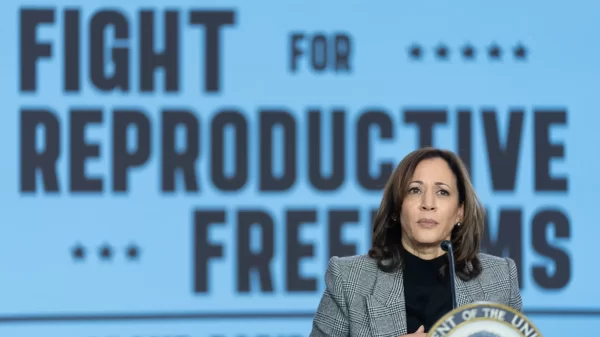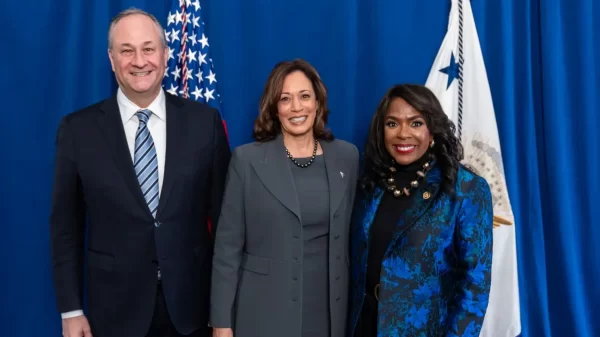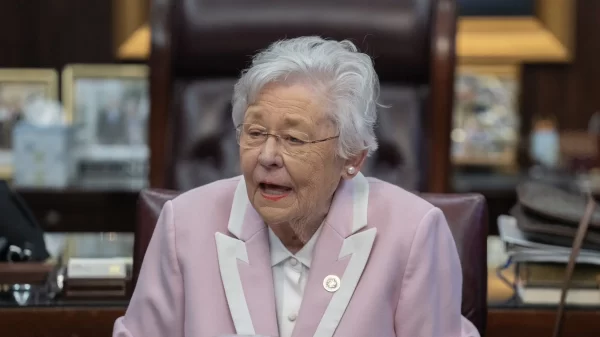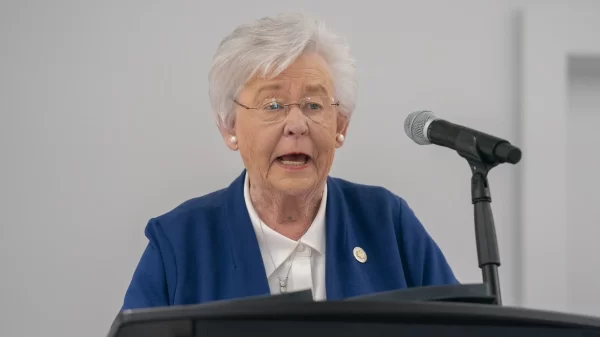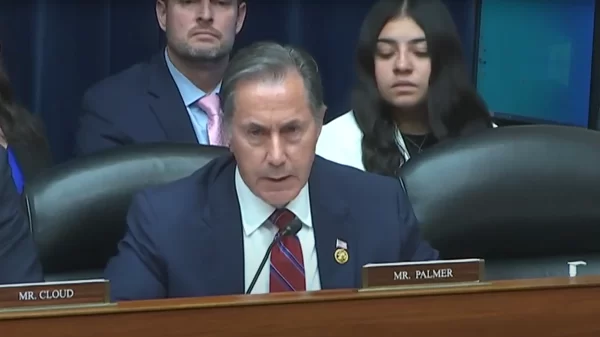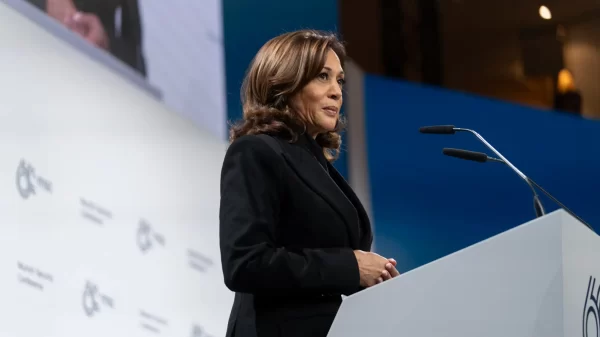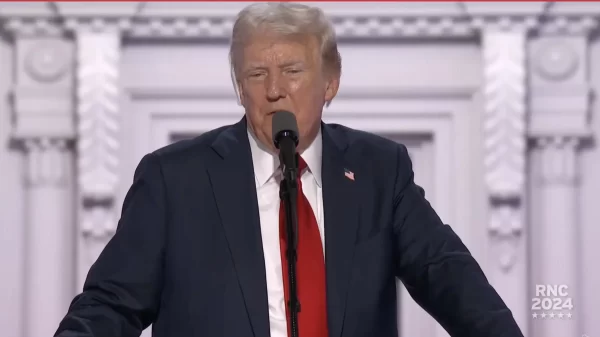By Minority Leader Craig Ford
These days, it’s easy to think nothing good ever comes out of our government – especially here in Alabama! But for all the bad you hear about, there are a lot of great things going on in our state and in our public schools. A perfect example is Alabama’s pre-k program, which has just been named the best pre-k program in the country for the tenth year in a row by the National Institute for Early Education Research.
Thankfully, the Alabama Legislature passed an education budget that included a $20 million increase in the state’s pre-k program. This increase is one of the best investments we could have made for our children, and is a step in the right direction to make pre-k as universal as k-12.
Some have argued that programs like Head Start and pre-k are little more than taxpayer-funded day care. But that argument doesn’t hold up when you look at the results of what pre-k has done in Alabama.
The Institute for Learning and Brain Sciences found that 92 percent of brain growth happens within the first five years of a child’s life. That shows how important those early years are for learning and development.
The sooner a child begins their education, the more likely they are to succeed in school later on. This is especially true for children living in poverty, but the benefits can be seen with children from all backgrounds.
A 2014 assessment showed that, by the end of the program, more than 90 percent of children enrolled in pre-k programs showed significant growth, and met or exceeded developmental expectations in all six areas measured for their age: social-emotional, physical, language, cognitive, literacy and math.
Long-term study has shown that children who participate in pre-k are less likely to repeat a grade, more likely to attend school regularly (chronic absences have serious implications for academic performance in the long run), and perform better on reading proficiency than children who don’t participate in pre-k.
The positive results of pre-k are simply undeniable. Take, for example, Selma’s school system. Last year, nearly 75 percent of the children who enrolled in pre-k performed below expectations for their age group. At the end of the year, nearly all of them (95 percent) met or exceeded expectations.
Elected leaders are always talking about improving. If every child attended a pre-k program, a lot of problems in our schools would be fixed.
Pre-k does more than just give children an early start on their education and help kids (especially those from low-income households) meet academic expectations before they enroll in k-12. Pre-k also teaches kids valuable lessons about how to interact with other students, how to behave in class, and how to learn in the first place. Kids in pre-k develop good habits, and begin learning how to learn.
Pre-k helps everyone, regardless of their background, to be able to walk into kindergarten just as prepared and educated as everyone else. Pre-k also helps teachers identify learning disabilities earlier, so students and parents can address those issues more effectively without the child falling behind or getting frustrated.
Pre-k gives every child an opportunity to enter k-12 on equal ground. For many, if not most, of the kids who participate, they have a head start and exceed expectations and the performance of their classmates. But unfortunately, not every child who is eligible for pre-k gets to participate.
Only 20 percent of eligible children participated in pre-k this past year. The state appropriated $48.4 million for the 2015-2016 school year, but next year’s appropriation will add $20 million more onto that. That $20 million is still far from enough to put every eligible 4-year-old in pre-k, but it will put thousands more kids in pre-k and take us one step closer to full enrollment.
The results of our pre-k program are undeniable. Alabama’s First Class Pre-K program is one of the top programs in the country, and its impact has been felt all over the state. Pre-k is one area where other states look to Alabama for leadership.
I commend the House education budget chairman, Rep. Bill Poole (R-Tuscaloosa), for building a budget that increased funding for Alabama’s pre-k program. That $20 million will change the lives of thousands of kids, and hopefully lead to more investment in the program in the future!
Rep. Craig Ford is a Democrat from Gadsden and the Minority Leader in the Alabama House of Representatives.


